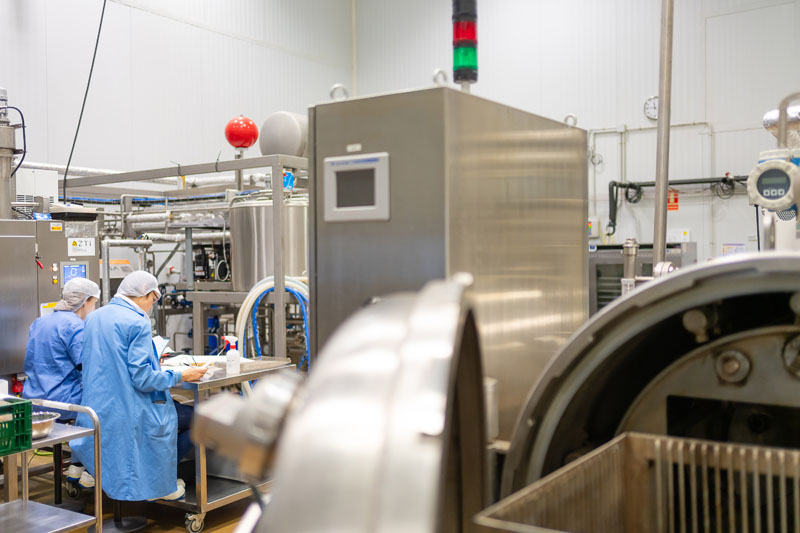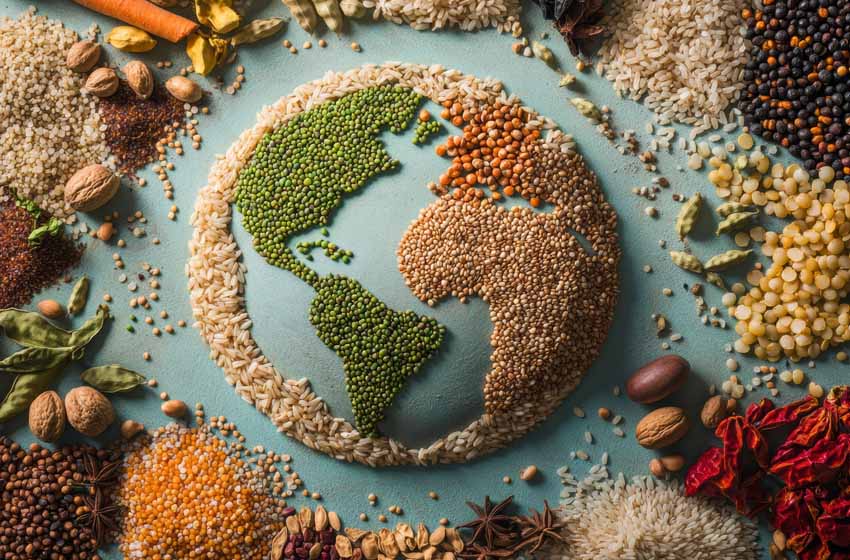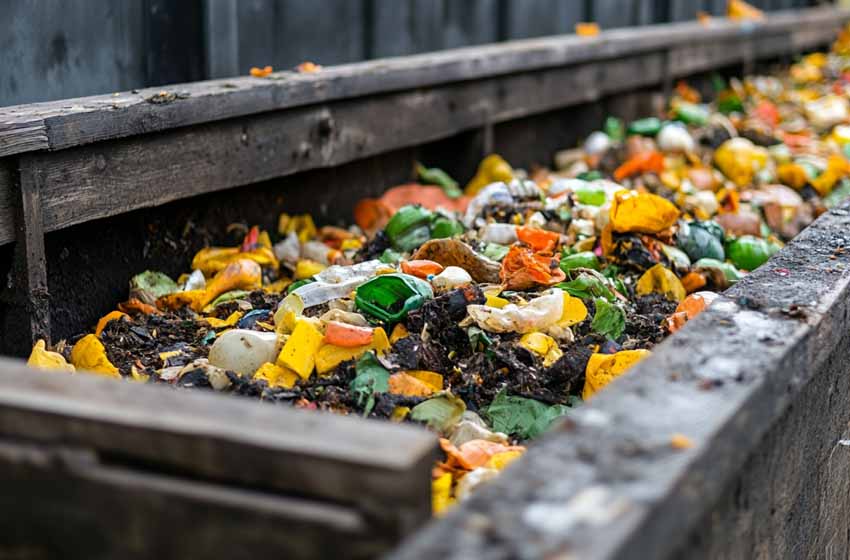Consumer trust in catering and restaurant services grows post-pandemic
Últimas noticias
Fisheries Management and Economics: the urgency of a comprehensive data-based approach
Old nets? New rope! European project tackling marine plastics with circular fishing gear and port solutions
AZPilotManager: A breakthrough in the management of R&D tests in the food industry
- An international survey reveals that innovations in the catering and restaurants sector in the wake of the pandemic have boosted consumer confidence in the sector.
- Within the agri-food sector as a whole, agriculture continues to lead the way in terms of trust.
- Transparency technology based on blockchain tops the list of top-rated suggested solutions to increase consumer confidence in the food industry.
- The survey was carried out in six countries as part of a European project funded by EIT Food, in which the Spanish institutions AZTI, CSIC, Universidad Autónoma de Madrid and Grupo AN are participating.
Derio, 22 December 2021 – The catering sector has been one of the hardest hit by COVID-19, as measures to curb the spread of the virus meant the closure of many establishments during periods of strict confinement. However, the sector was able to reinvent itself and the resulting innovations, from takeaways and home-delivered food to street market food, has allowed many businesses to stay alive. And, as a new survey on confidence in the food sector suggests, these efforts appear to have been rewarded.
The survey, conducted in six countries (Spain, UK, Italy, Finland, Poland and Israel), is part of the results of the EIT Food-funded project Increasing consumer trust and support for the food supply chain and food businesses, in which AZTI, CSIC, Universidad Autónoma de Madrid and Grupo AN are participating as Spanish representatives, and highlights as the main finding that the change was most pronounced in catering companies and restaurants, followed by food manufacturers.
As Professor Richard Bennett, Professor of Agricultural Economics at the University of Reading, leader of the project, explains, “Necessity is the mother of invention and we have certainly seen this to be the case in the catering sector during the pandemic. Caterers have gone the extra mile over the past year to provide food and drink to consumers in a COVID-19 safe manner, and this has been very much appreciated by consumers.”
Breaking down the results shows how caterers and restaurants improved their public confidence scores to 4.43/7 from 4.37/7 in 2020.
In addition to caterers, food manufacturers have also seen an increase in public trust scores for 2021, as the entire sector continues to improve its position in consumer perception.
Índice de contenidos
Agriculture sector remains the leader in terms of consumer trust
In Spain, aside from the pandemic, confidence in farmers is the highest (5.17/7), followed by retailers (4.677/7), food manufacturers (4.40/7), restaurants and caterers (4.36/7) and authorities (3.81/7). This is largely in line with the 2020 survey, which also found that trust in farmers (5.25/7) was the highest, followed by retailers (4.71/7), restaurants (4.42/7), and food manufacturers (4.36/7).
Looking at this trust in relation to the pandemic, respondents in Spain stated that the Covid-19 situation increased confidence most in farmers (4.79/7), followed by retailers (4.59/7), restaurants and caterers (4.38/7) and food manufacturers (4.37/7). Quite similar to the data obtained in 2020.
However, in the case of restaurants and caterers, consumers in Spain indicated a slight decrease in trust due to Covid-19 in 2020 (3.87/7), which has improved in 2021, making it the most notable finding of the survey.
Innovative solutions to boost consumers’ trust
Respondents were also asked to rate possible innovative solutions that could help increase public trust in the food system.
Across the six countries, blockchain-based technology that verifies the traceability of food products was the most popular of the four proposed solutions. The three other suggested solutions were: smart labels to access information on food products; animal welfare apps; and information on healthy choices in restaurants and catering. The blockchain innovation was also the most popular among consumers in Spain. This technology allows consumers to be assured that the information relating to the traceability of a product is accurate, increasing confidence in the product and the food system.
Elena Santa Cruz, researcher at AZTI, adds on this point that “there is a growing concern on the part of consumers to obtain information on the production process of products in order to be able to make a more conscious decision. In this sense, blockchain technology can help a lot“.








